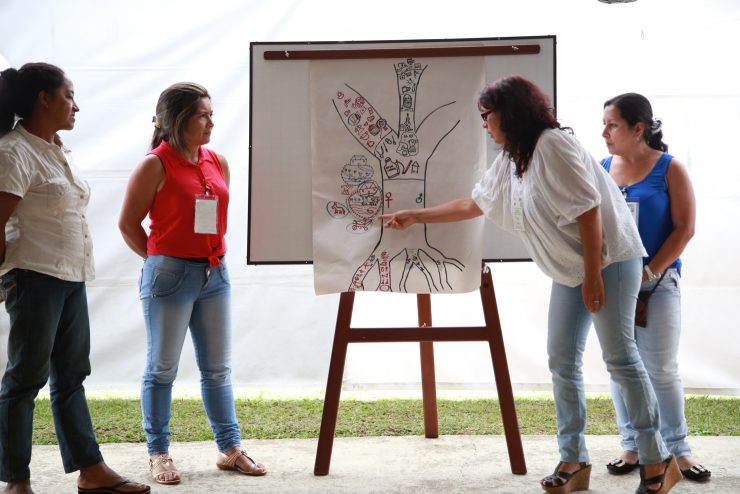
The Coffee Quality Institute began the first phase of its Partnership for Gender Equity last October with a workshop in Cauca, Colombia. That event was one of four such programs intended to bring all manner of industry participants and coffee farmers together to explore gender dynamics in areas where coffee is grown.
An invitation produced by CQI and shared with potential industry sponsors indicated the overall initiative will “influence CQI’s own strategic approach to development programming and to guide industry best practice to support gender equity within supply chains—ultimately leading to real, measurable results.”
The invitation then went on to assert (emphasis ours): “While gender inequity among coffee producers has not been caused by the industry, the industry, operating individually and as a group, can help address the problem and stands to benefit from improved gender equality with its promise of contributing to a more resilient supply chain.”
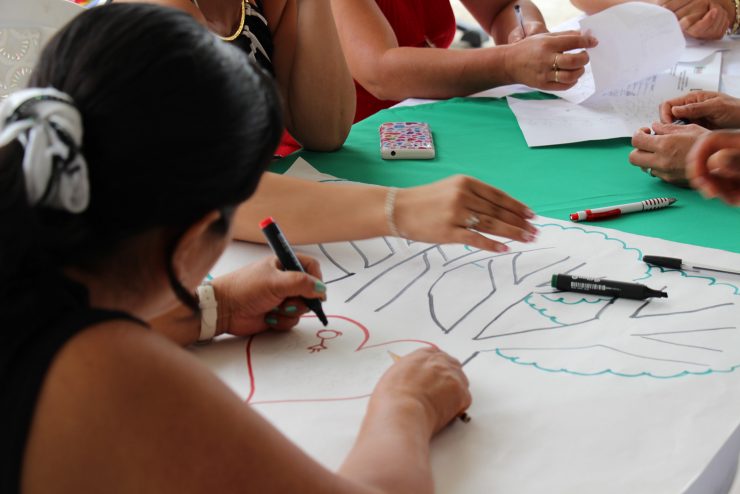
CQI and its partners are still in the earliest stages of this work. A second workshop was conducted in Nicaragua in January, and a third, timed to follow the African Fine Coffees Association convention, will take place in Uganda next week.
Those who attend the CQI Partnership for Gender Equity workshops participate in creative exercises to facilitate discussions exploring who does what work on the farm, at home, and in the public sphere.
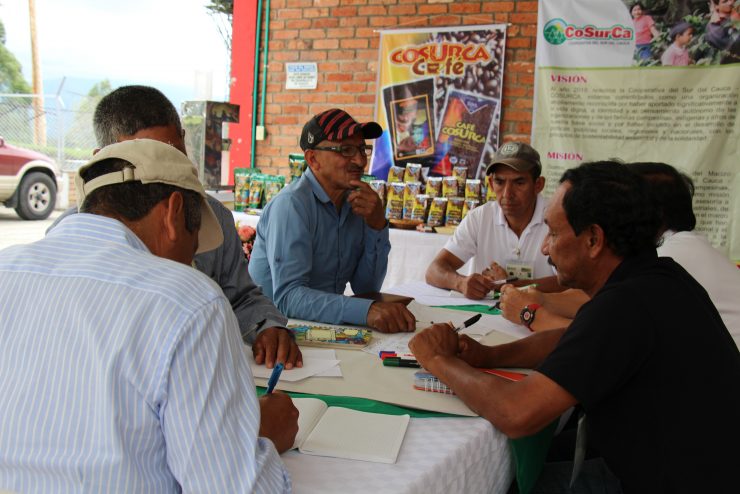
Denis Omar Delacruz, a member of Asprocoop, attended the event in Colombia. As the secretary of the board of directors of Cosurca, a federation of farmer cooperatives in Cauca, Delacruz has had previous exposure to trainings and presentations intended to address gender inequality. Of the participatory techniques used in the CQI discussion, he said, “This was the first time we’d used a methodology like this [drawings and discussions looking at gender roles]—it’s very important.”
When asked what most impacted him during the group discussion of the drawings, Delacruz noted that most were pointing to the same thing—the value of the work of women. Delacruz said, “It was gratifying to hear both the men and the women speak of this when they shared [with the larger group].”
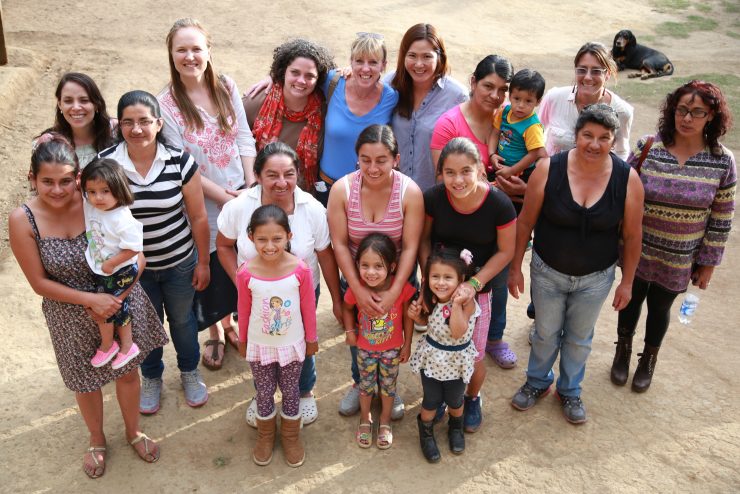
Samantha Veide, Global Director of Corporate Sustainable Solutions for Mars Drinks and Chair of the Specialty Coffee Association of America Sustainability Council, went to the first event in Colombia and will participate in the Uganda workshop.
Addressing why Mars became one of the four founding partners for CQI’s Partnership for Gender Equity, she said, “We recognize that many of our crucial raw materials depend on the health, in the broadest definition of the word, of agricultural communities. Empowering women in agriculture will build stronger communities, better quality of life for farmers, and more sustainable and resilient supply chains.”
The other founding partners include ACDI/VOCA, an international nonprofit development organization; Falcon Coffees, a leading trading company in the sustainable coffee sector and member of Westrock Coffee Company; and AMFOTEK, a 100% woman-owned premium beverage business.
Further signs that gender equity is becoming a hot topic in coffee include a story Michael Sheridan, program director of the Borderlands Coffee Project for Catholic Relief Services, posted this week about the “Six Lenses on Gender” and that this year’s Symposium, the two-day event held before SCAA’s annual exposition, will have a session on gender equity.
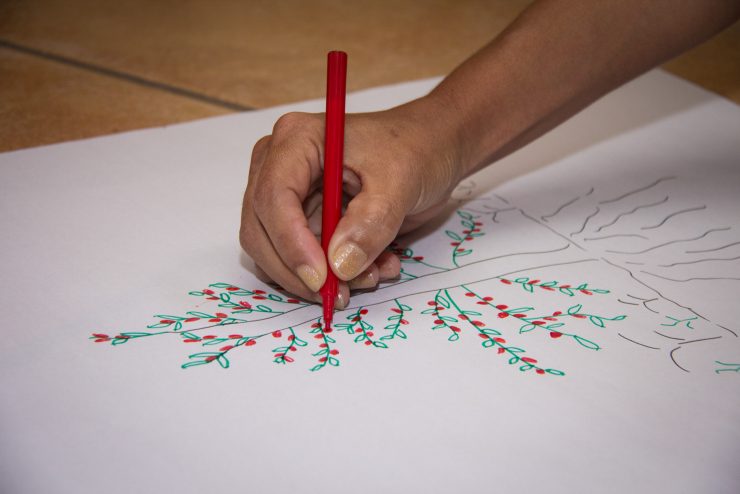
Is Sheridan right when he says “2015 is shaping up to be the year of gender equity in specialty coffee”?
A growing list of partners and a multi-phase roadmap for the Partnership for Gender Equity suggests CQI will be working on this for much more than one year.
Jenny Neill is a Sprudge contributor based in Seattle. She writes about beverage and travel at jennyneill.com. Read more Jenny Neill on Sprudge.
All photographs courtesy of the Coffee Quality Institute.
The post From Colombia To Uganda, Growing Gender Equity At Coffee Farms appeared first on Sprudge.

